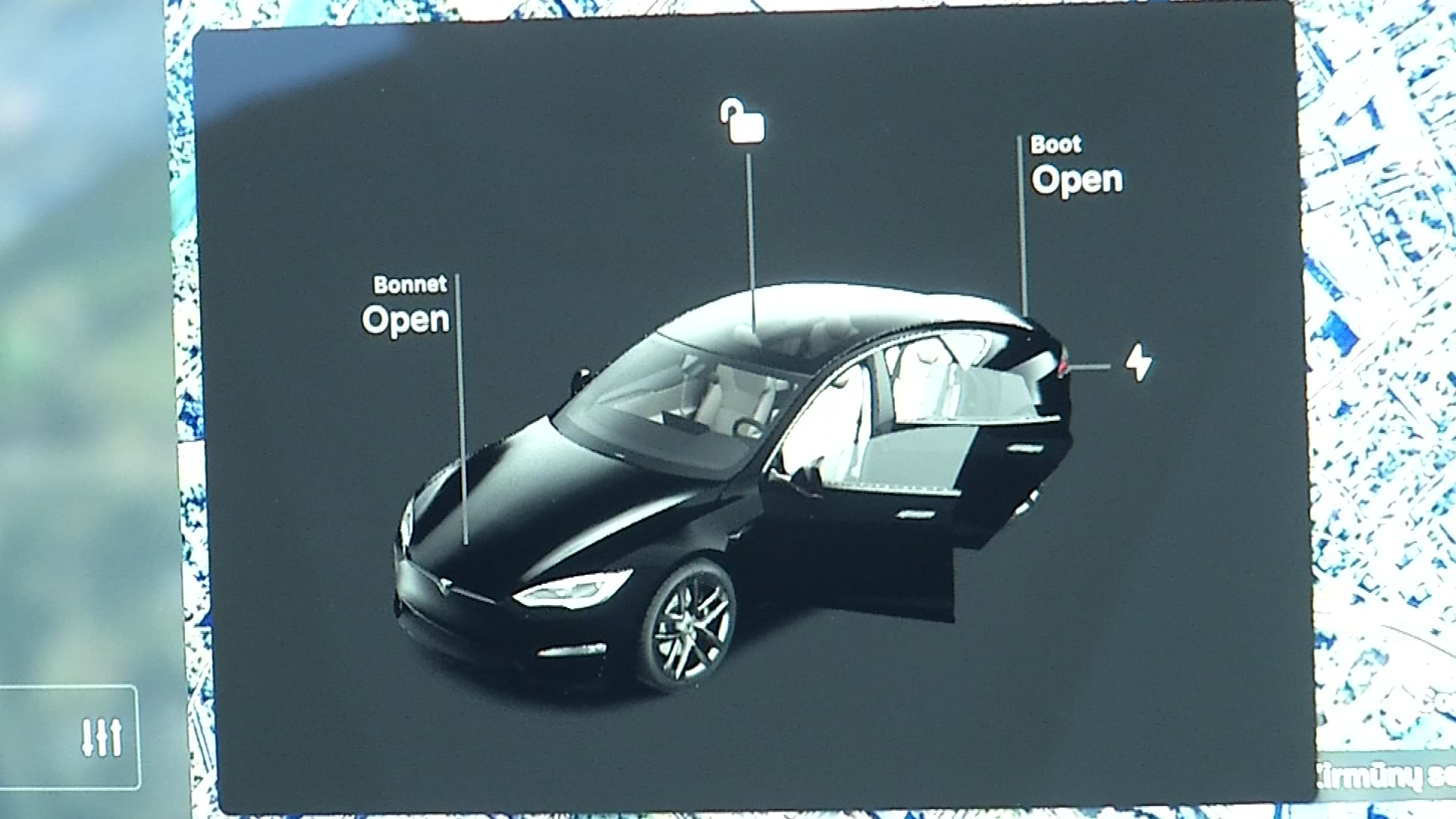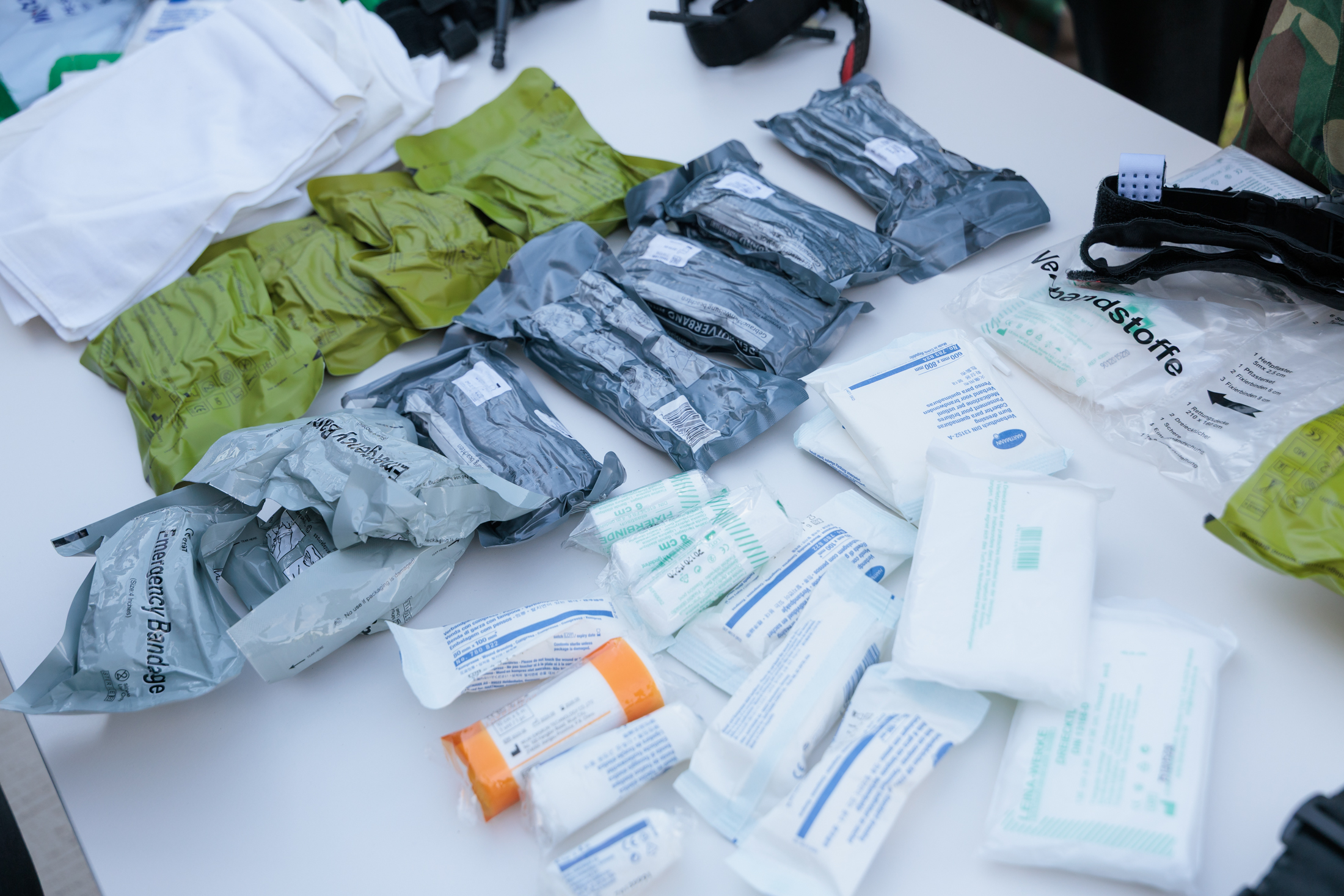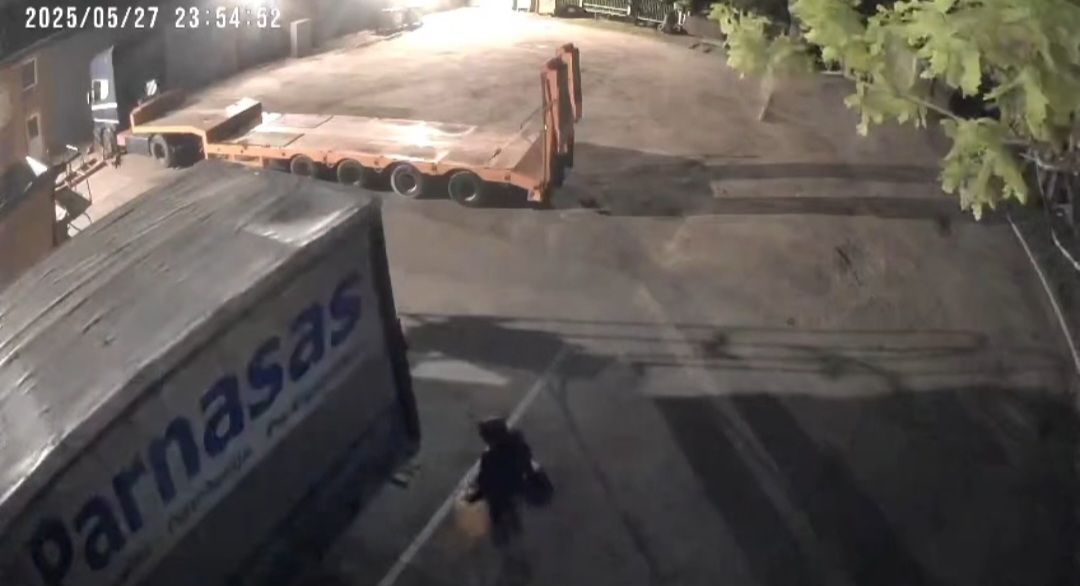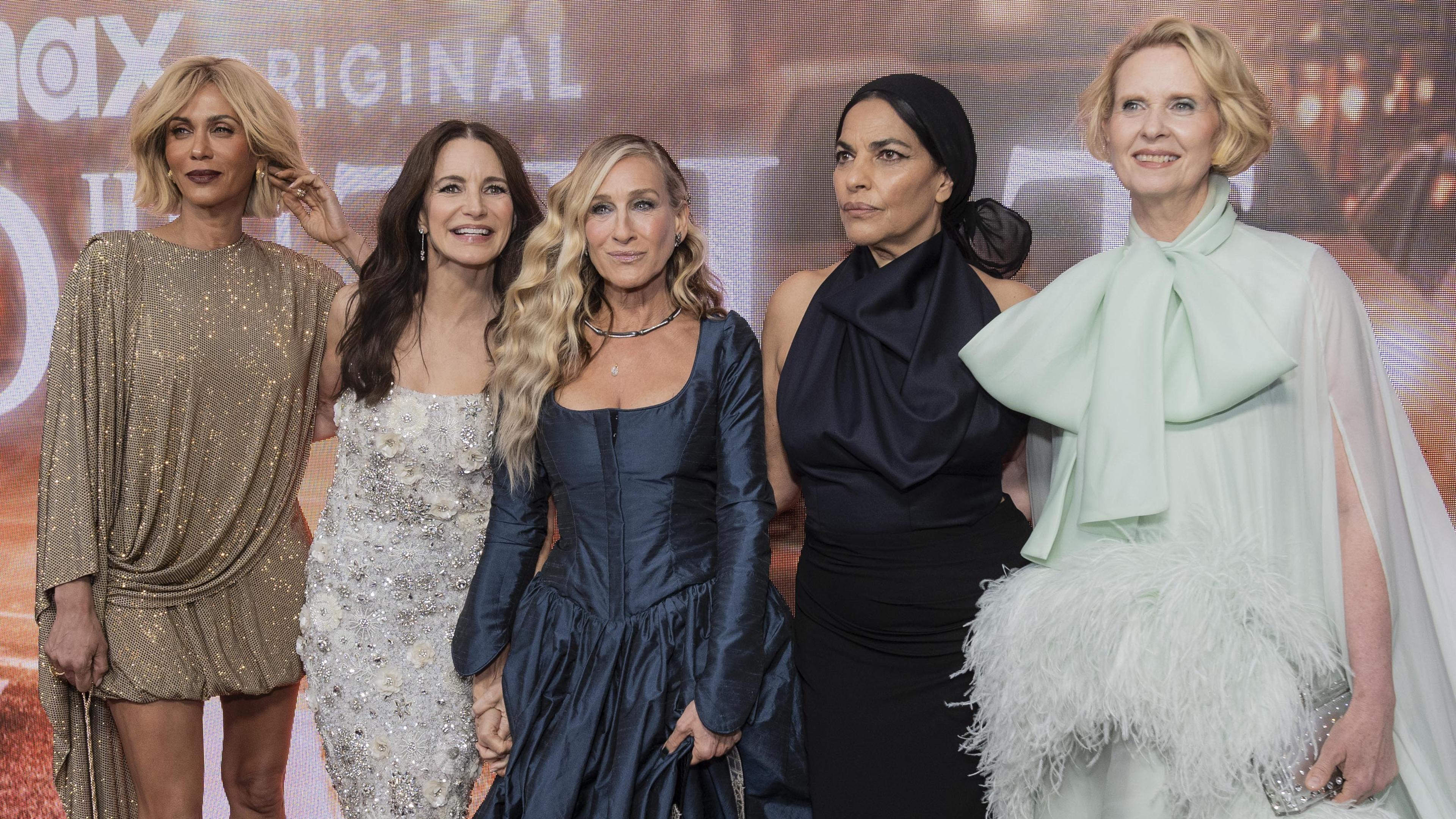Convenience or danger to your privacy?

Mindaugas Civilka, a lawyer at TGS Baltic, told about what things should be paid to when using smart devices.
– Smart, talking devices – how do they change our home?
– Indeed, life has changed very much. I tried to calculate how many smart devices we have at home that communicate with us in one way or another – and, most interestingly, sometimes even whispering us. I lost the number at nine, not including the TV, a cell phone and a car.
– Do you live in a robot world?
– Not yet connected – refrigerator, kettle and air fryer. All other things, more or less, subordinate. The first place in the data collection clearly goes to the phone, the smart device, the TV and the car. Probably these are 2-3 devices that most families have in one way or another. The smart TV and smartphone, I have no doubt, most, and the smart car, based on research, about a third of households. These are the basic data collection tools. But there are many advantages and disadvantages. As everywhere – not just good or bad.
LNK stop shot.
– Because of phones, many are probably not surprised – you talk to a friend and already show appropriate advertisements. What does it show? What kind of privacy and security challenges do this reality pose? What should be most afraid of?
– There is no general answer. It all depends on the specific device and the manufacturer. Maybe I’ll explain better in one particular example – Tesla. This car manufacturer has a lot of public opinion. Especially after the US election – everyone has their own approach to this car. But it is publicly recognized that Tesla collects incomparably more data than other cars. It is very important to answer – what data is, for what purpose it is collected, to whom it is transmitted, whether the user can turn off their collection. And most importantly, what happens if you turn off the data. Will the car start yet? Will you still be able to drive it? Will he just become less smart?
– What data is collected by Tesla?
– The most sensitive is the location data and video cameras. On average, the Tesla car, depending on the model, has 8 to 9 cameras – one or two internal and 7 external cameras. Also sound, infoTainment, all you do with the car: driving skills, stopping intensity, reaction. The most sensitive data are infoTainment, inner camera, sound, location and your behavior at the wheel.
Interestingly, the Privacy Policy reads – if you turn off sharing, Tesla will not transfer them to the center – they will stay in the car. But there are exceptions, for example, external cameras will only pass on the image with consent, but if an accident or other « security event » is defined by Tesla, for example, a more sudden braking will be automatically sent to a 30 -second video. Anonymous, but still sent to Teslai.
– And if someone says – what’s the difference? What is the threat of this?
– The same goes for GPS and browsing data. The biggest problem is that people don’t care about it. Many choose comfort and do not even think about what would happen if that data would come somewhere. The main threat is not the manufacturer, non -US law enforcement or intelligence. You are the biggest threat to yourself because you often forget how much your device knows about you, and more often, you give it to others. For example, if you rent Tesla, every tenant leaves a lot of data about yourself. Later, the other person sees what devices were connected, where they were driving, what buttons were pressed.
Full LNK Report – In Video:
– We seem to have to go hand in hand with technology that 100 % We would exploit their benefits. Where to draw the limit – how much access to? How do you communicate with voice assistants to feel safe and do not break out of the rhythm of life?
– Manufacturers are moving in the direction that in the long run no longer parked, which are unconnected. A simple example – a week ago, something was no longer joined in my stove. I called, and I was told, « No problem – connect to the network, we will make diagnostics and correct it. » Then I asked if I could be physically brought, replied that I could, but asked – if I really wanted to take it physically. Then I realized that the unconnected devices would disappear in the long run, because ourselves, in principle, get new functions.
Everyone will have to set the limit for themselves. The fact is that this is inevitable, but I think I need to look at the basic things. First, change factory passwords. Second, maybe turn off the selection to share data. Third – if you have a camera and a microphone on the TV and never jump a Just Dance, you don’t need a face recognition, you can simply seal the camera. As Mark Zuckerberg says, « When you get a quiet sleep. »
Yes, there will be no effect here and now – for someone to catch you. But your data ownership is a very sensitive thing and can eventually turn against you with unexpected angles. I would suggest at least briefly read what data is collected and disabled by unnecessary sharing. You won’t be able to turn off at all – for example, you won’t be able to set up Tesla, but at least look. And don’t be lazy to delete data and restore factory settings.






/s3/static.nrc.nl/images/gn4/stripped/data133007001-3e90e3.jpg)
